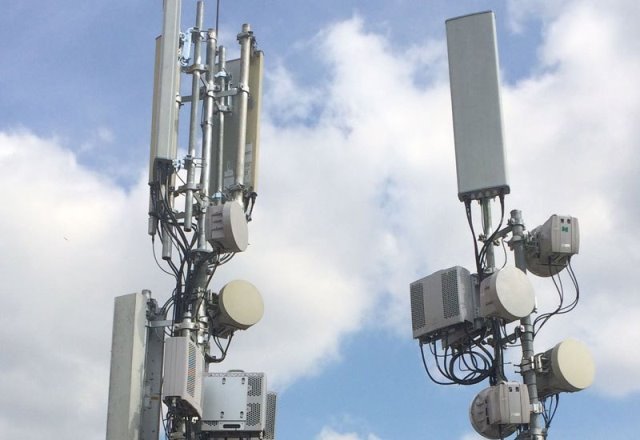The latest telecom news includes Apple in India, Nokia, Hitachi Rail powers factory with private 5G network, among others.

Apple Set to Break iPhone Shipment Records in India in 2025
Apple’s iPhone shipments in India are expected to rise by 25 percent in 2025, reaching 14–15 million units, up from 12 million units in 2024. Research firm IDC India forecasts 15 million units, Canalys projects 14.2 million, and Counterpoint Research estimates 18–19 percent growth, targeting an 8 percent share of the Indian smartphone market. The iPhone 17 series, priced at ₹82,900 with 256GB storage, replaces the 128GB base model of the iPhone 16 series, reducing the entry price. Apple is opening new retail stores in Bengaluru and Pune and offering EMI schemes to expand its market reach. Currently, one in every five iPhones sold globally is produced in India, Business Standard reports.
Hitachi Rail Powers Factory with Private 5G Network
Hitachi Rail has deployed a private 5G network at its Hagerstown, Maryland facility using Ericsson technology, developed with GlobalLogic. The 307,000-square-foot factory produces up to 20 railcars monthly. The private 5G network operates on a local edge-based system integrated into the factory’s IT and OT infrastructure. Applications include AI-driven inspection robots, digital twins for railcar simulation, predictive maintenance, automated machine-vision quality inspections, and IoT-enabled material transport. GlobalLogic manages the network lifecycle, ensuring continuous operation.
Nokia and Kongsberg Launch 5G Defense Network to Transform Battlefield Communications
Nokia and Kongsberg Defence & Aerospace signed a Memorandum of Understanding (MoU) to develop 5G-based tactical communications for defense. The collaboration aims to simplify the deployment of 5G in tactical systems and ensure reliable and interoperable battlefield communications. The partnership will explore integrating unmanned systems and sensors and participate in European Defense Fund initiatives, including the 5G COMPAD program and the Federated Advanced Cyber Physical Test Range (FACT) program
Shafana Fazal
